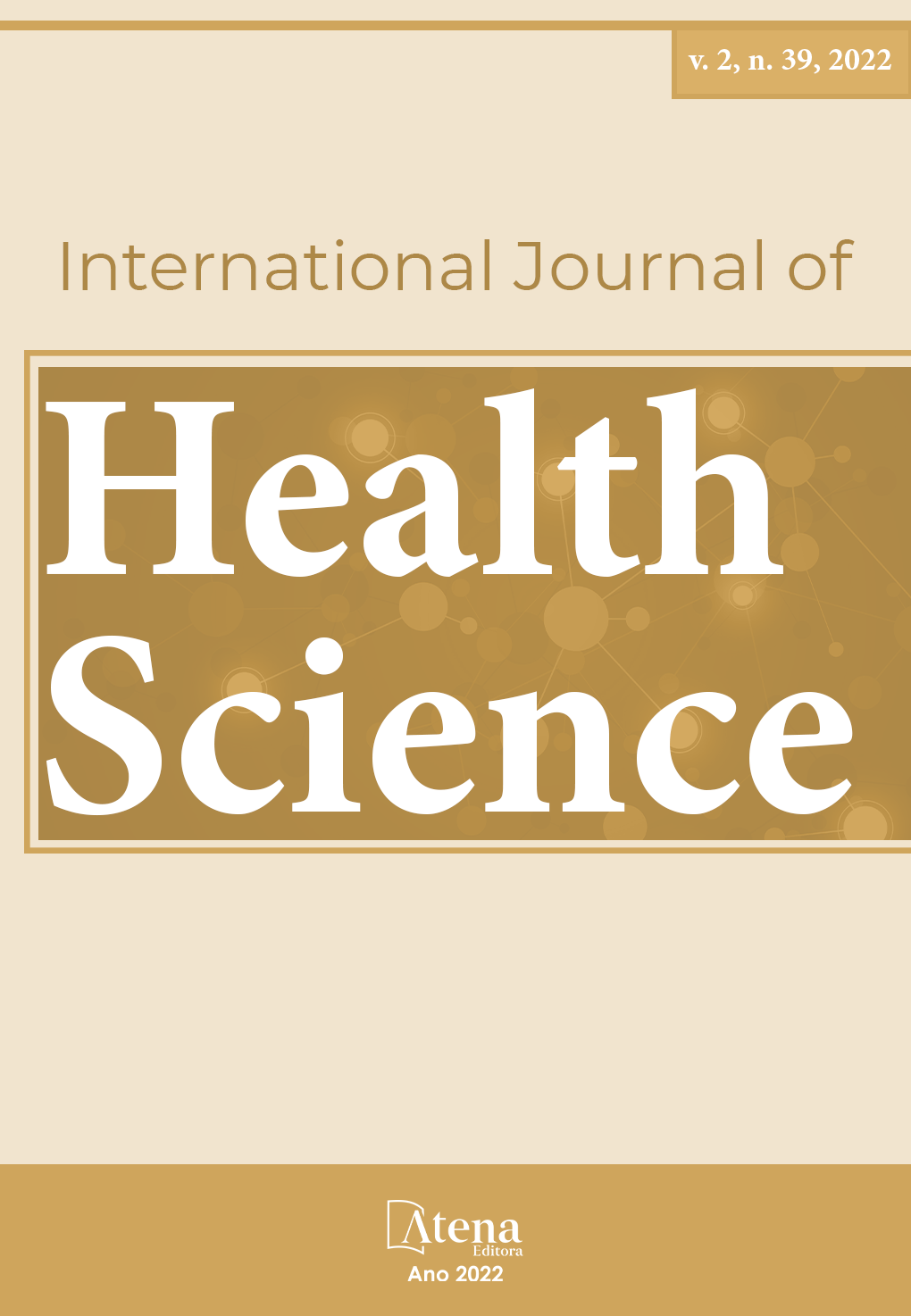
HEALTH CARE FOR PEOPLE DEPRIVED OF FREEDOM LIVING WITH HIV/AIDS
The infection caused by contamination with the Human Immunodeficiency Virus (HIV) represents a global phenomenon, with a high incidence in reclusive and disadvantaged populations. In the prison environment, regardless of the sentence, the right to health is guaranteed to people in a situation of deprivation of liberty. The construction of this study aimed to know the scientific production on health care for people deprived of their liberty living with HIV/AIDS. This is an integrative review designed to answer: What health care is provided to people deprived of their liberty living with HIV/AIDS? An advanced search was carried out, with a Boolean indicator 'and', in September 2018, with the terms: prisoners, HIV infections, delivery of health care, nursing. The analytical corpus consisted of 18 articles that met the inclusion criteria: full text available and in article format. And exclusion: without free access and those who did not have access to health care for the person deprived of their liberty. The results indicated that testing and treatment for HIV/AIDS serology in people deprived of their liberty appear in 88.8% of the articles. However, only 33.3% offered strategies to maintain treatment after extrication. The use of information and communication technologies to send text messages by telephone or use the computer to carry out professional counseling, home visits with unannounced pill counts are also used as strategies. Referral to primary health care services after extrication was indicated in 27.7%. It was concluded that antiretroviral treatment does not occur for people deprived of liberty who started it before incarceration and the maintenance of therapy was not successful after serving the sentence due to lack of control and a situation of social vulnerability.
HEALTH CARE FOR PEOPLE DEPRIVED OF FREEDOM LIVING WITH HIV/AIDS
-
DOI: 10.22533/at.ed.1592392215076
-
Palavras-chave: Prisoners; HIV infection; Health Assistance; Nursing.
-
Keywords: Prisoners; HIV infection; Health Assistance; Nursing.
-
Abstract:
The infection caused by contamination with the Human Immunodeficiency Virus (HIV) represents a global phenomenon, with a high incidence in reclusive and disadvantaged populations. In the prison environment, regardless of the sentence, the right to health is guaranteed to people in a situation of deprivation of liberty. The construction of this study aimed to know the scientific production on health care for people deprived of their liberty living with HIV/AIDS. This is an integrative review designed to answer: What health care is provided to people deprived of their liberty living with HIV/AIDS? An advanced search was carried out, with a Boolean indicator 'and', in September 2018, with the terms: prisoners, HIV infections, delivery of health care, nursing. The analytical corpus consisted of 18 articles that met the inclusion criteria: full text available and in article format. And exclusion: without free access and those who did not have access to health care for the person deprived of their liberty. The results indicated that testing and treatment for HIV/AIDS serology in people deprived of their liberty appear in 88.8% of the articles. However, only 33.3% offered strategies to maintain treatment after extrication. The use of information and communication technologies to send text messages by telephone or use the computer to carry out professional counseling, home visits with unannounced pill counts are also used as strategies. Referral to primary health care services after extrication was indicated in 27.7%. It was concluded that antiretroviral treatment does not occur for people deprived of liberty who started it before incarceration and the maintenance of therapy was not successful after serving the sentence due to lack of control and a situation of social vulnerability.
-
Número de páginas: 15
- Ana Caroline da Silva Pedroso
- Nara Regina da Costa e Silva Tarragó
- Juliana Bracini Espadim
- Emanuele Lopes Ambrós
- Taiane Acunha Escobar
- Leticia Silveira Cardoso


